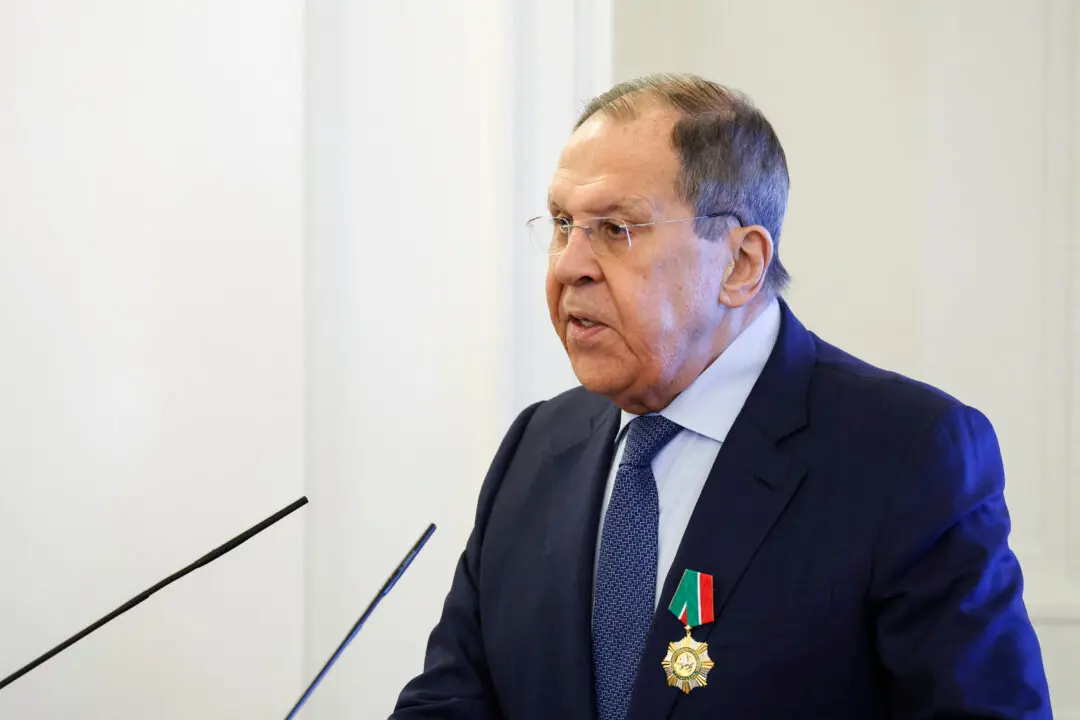An £11 billion increase in defence spending, announced in Chancellor Jeremy Hunt’s budget on Wednesday, will not be enough to regenerate the “hollowed-out” British Army, a senior MP has warned.
Tobias Ellwood, a Conservative and former captain in the British Army who chairs Parliament’s defence committee, said the bulk of the money announced by Hunt would go on the Dreadnought nuclear submarine programme and replenishing stocks of ammunition and equipment which had been given to the Ukrainians to fend off Russian invaders.





